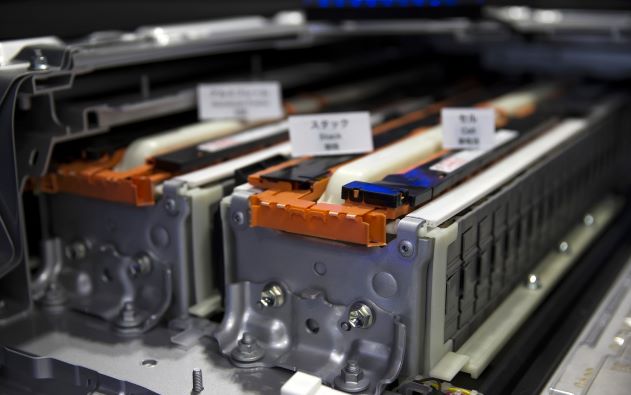

EV batteries driving up demand of Cobalt, Nickle & Lithium
The lithium-ion batteries market is expected to grow exponentially in the next five years in India. Some of the important initiatives by the Government of India that will accelerate the growth of lithium-ion batteries market in India are the National Electric Mobility Mission Plan 2020, with a projection of getting 6-7 million electric vehicles on Indian roads by 2020, and the ambitious target of installation of 175 GW of renewable energy by 2022.
As per a new analysis by JMK Research, the lithium-ion battery market in India is expected to increase from 2.9 GWh in 2018 to about 132 GWh by 2030 (CAGR of 35.5 percent). The increasing volume of lithium-ion batteries would, in turn, lead to a growing capacity of ‘spent’ batteries in the ecosystem which if left untreated would lead to health and environmental hazards. Also, the precious metals comprising these batteries would be lost forever. Therefore, managing this lithium-ion battery waste through recycling is a necessity.
The report highlights that the recycling market in India would start picking up from the year 2022 onwards when lithium-ion batteries which are presently in use in electric vehicles would reach their end of life. In the year 2030, the recycling market is estimated to be around 22 – 23 GWh, which is a USD 1,000-million opportunity.
Many Indian companies have already started looking at this lucrative opportunity and have either already established or announced plans to set up recycling operations. Some of them include:
Although there is awareness around the recyclability and reusability of batteries, this market would pick momentum only when the Indian government brings in a well-defined regulatory and policy framework.
To date, India does not have any specific regulations or guidelines around the effective disposal and recycling of lithium-ion batteries. Even India’s e-waste guidelines have no mention of lithium-ion batteries. Clear guidelines have to be laid out for collection, storage, transportation and recycle of waste batteries. Detailed instructions for both consumers and battery suppliers also have to be laid out and implemented, the analysis concluded.
Permission: Saur Energy
1. The mandate for blending Compressed Biogas (CBG) with natural gas has come into effect…
Andhra Pradesh is striving towards greening its energy sector with quite some speed. In a…
With an objective to bolster India’s green energy goals, a Tripartite Agreement has been signed…
The Union MNRE Minister Pralhad Joshi launched the Green Hydrogen Certification Scheme of India (GHCI)…
India’s energy conglomerate Bharat Petroleum Corporation Limited (BPCL) has commissioned a 5MW green hydrogen plant…
In a historical development, the European Space Agency (ESA) has successfully launched its pioneering ‘Biomass’…